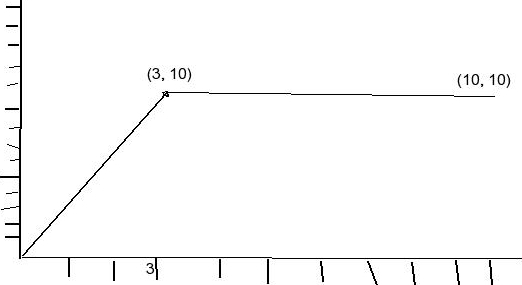
The kilometer per hour, and in some countries the mile per hour, are the preferred measurement of road speed. The kilometer per second is also used when meters per second is too slow a measurement, such as in astronomical measurements and higher velocities. Miles per hour to Meters per second Conversion Chart 1 mph, 0.44704 m/s 2 mph, 0.89408 m/s 3 mph, 1.34112 m/s 4 mph, 1.78816 m/s 5 mph, 2.2352 m/s 6 mph. Although this unit has seen some support, particularly in Germany, the unit benz was rejected as the SI unit of velocity.Ĭurrent use: As the SI derived unit of speed and velocity, the meter per second and its multiples are used widely within scientific contexts. The unit benz, named after Karl Benz, a German engine designer and automobile engineer (and founder of the company that would eventually merge and produce the Mercedez-Benz line of automobiles) has been proposed as a named for one meter per second. History/origin: The meter per second is a unit that was derived based on the SI units of meters and seconds.

It is equal to exactly 3.6 kilometers per hour, approximately 3.2808 feet per second, and approximately 2.2369 miles per hour. It is defined as the distance traveled in meters divided by the amount of time taken in seconds. Meter per secondĭefinition: A meter per second (symbol: m/s) is an SI (International System of Units) derived unit of speed and velocity. It is also used in the Canadian rail system, though the Canadian road systems use km/h. It is most widely used in the United States, the United Kingdom, and their related territories. One mph equals exactly 1.609344 kilometers per hour (km/h).Ĭurrent use: Along with km/h, mph is most typically used in relation to road traffic speeds. It expresses the number of statute miles traveled over the period of one hour.

Definition: The unit miles per hour (symbol: mph) is a measurement of speed in the imperial and United States customary systems.


 0 kommentar(er)
0 kommentar(er)
